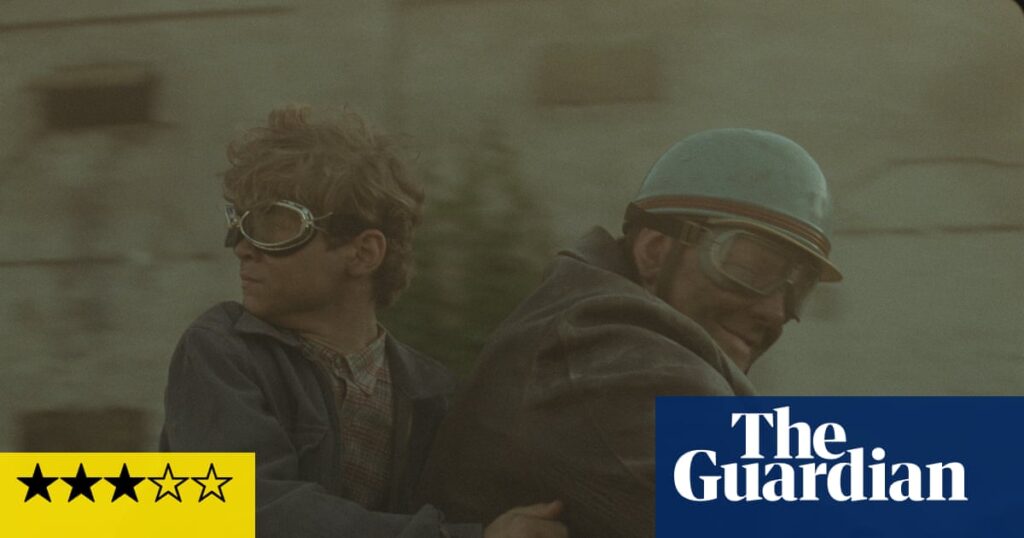After the spiritual ordeal of his Holocaust movie Son of Saul, and his complex, nuanced drama about prewar Budapest, Sunset, Hungarian director László Nemes comes to Venice with a valuable, interesting picture: another painful, sombre story from 20th-century central Europe composed in his familiar sepia visual palette, and executed with impressive technical control.
Set in the aftermath of Hungary’s failed uprising against its Soviet masters, it is a story about sons rebelling against fathers, but also about coming to terms with (or having to swallow resentment at) the reality of a new order of power – just as the Hungarian people had to come to terms with Moscow’s rule and with finding their proud spirit of independence stigmatised as quasi-fascist. With no support for their self-determination, Hungarians in 1956 were orphaned by the times.
However the orphan of the title is not in fact an orphan; his mother is still alive. Andor (Bojtorján Barábas) is an angry, lonely teenage boy who idolises the memory of his father, Hirsch, who went missing during the second world war but who might still be alive somewhere. Andor still conducts imaginary conversations with him, and his mum (Andrea Waskovics) works in a grocery store. But Andor’s life is turned upside down by the appearance of a brutal, boorish butcher (played by French actor Grégory Gadebois) who smugly – and odiously – seems to be claiming some sort of right over Andor’s mother.
The awful truth about who his father actually is dawns on him and Andor is convulsed with resentment and rage, especially as he uncovers evidence that just a few years previously this butcher was cruel to his “other” family. But as his mother says to him: “The more you hate him, the more you like him.” The whole situation is complicated by the fact that this man, however maladroit and often obnoxious, has moments of affection with Andor and is sincere enough – in his way – about building a life with his new family.
However, there is something stolid and at times monotonous about the way this is presented to the audience – as ever with Nemes, the force of gravity is increased, making everything 20% heavier and denser. And Barábas’s performance is frankly actorly rather than real in his incessant frown of righteous resentment. It’s a minor movie from this always interesting film-maker.

